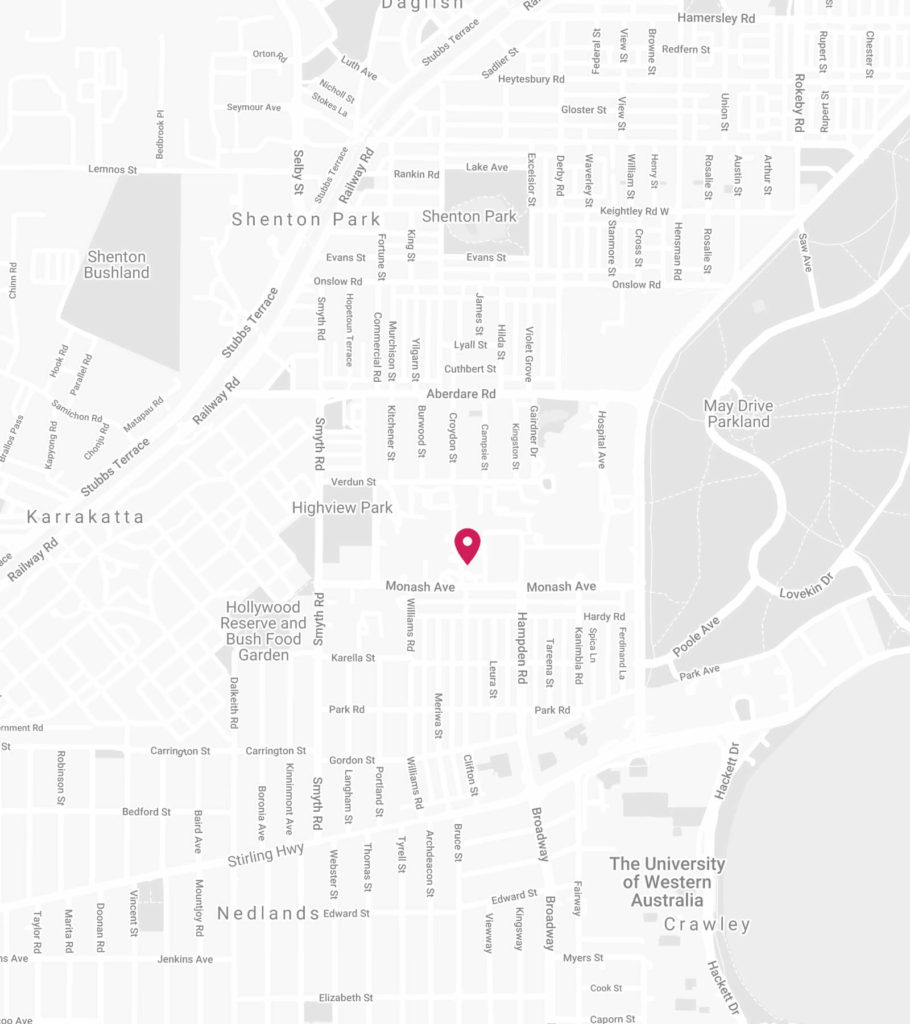diet bariatric surgery and milk
Diet before and after bariatric surgery: How about milk?
- Jon Armstrong

Our dietitian team will work with you to clarify any diet-related questions you may have, whether you’re preparing for bariatric surgery or you have already had the weight loss surgery.
The most recent comments by the Dietitians Association of Australia can give you some insight into your considerations around milk.
Cow’s milk, almond milk, soy milk or rice milk? As you check the menu at your favourite coffee place, you may be wondering what to choose. Margaret Hays, spokeswoman of the Dietitians Association of Australia, says cow’s milk should be the first choice because it contains 10g of protein per glass, vitamins A, D, B12, iodine, calcium, and zinc.
Ms. Hays adds that although soy milk was introduced to be an alternative, it doesn’t reach the protein level of cow’s milk and contains more fat. The Dietitians Association says that there are concerns about oestrogen levels and that you should avoid it in case you suffer from thyroid issues. Many other alternatives, such as commercial almond milk, may have been sweetened or may be highly processed. Ms. Hays also highlights that you may get little of the nut nutrition from a highly processed type of almond milk.
The spokeswoman points out that oat milk has low to moderate protein levels, and that coconut milk is higher in saturated fat and low in calcium and protein. Rice milk, on the other hand, is low in fat but is naturally high in sugars, with low protein levels.
In essence, the Dietitians Association states that the “other” kinds of milk contain very little protein and that the benefits are little unless you suffer from a milk allergy (cow’s milk or soy).
If you have any questions in regards to milk in your diet, after your Weight Loss Surgery, please contact our Dietitian team here at Advance Surgical.
Source: The West Australian



